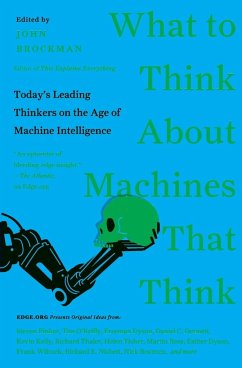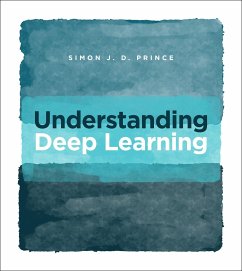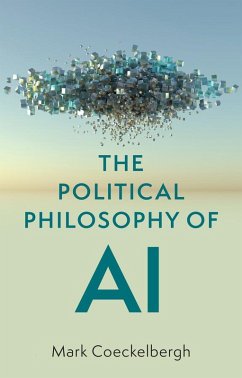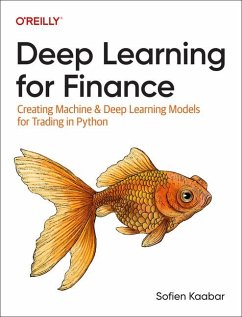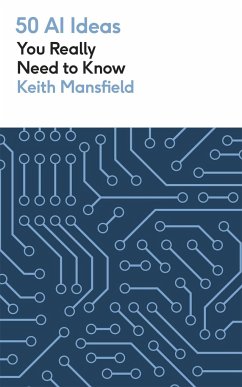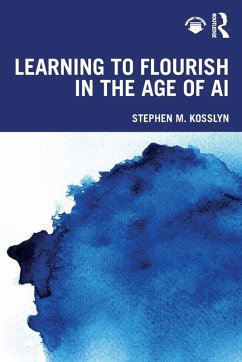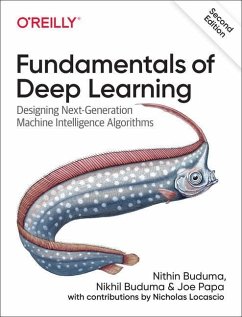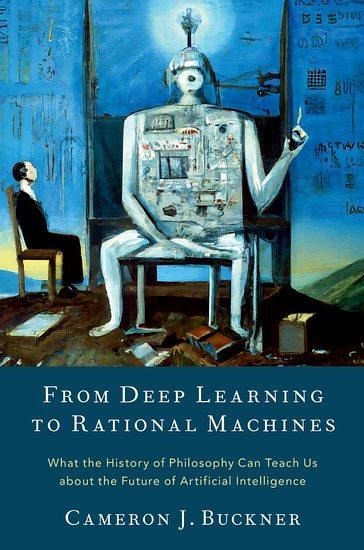
From Deep Learning to Rational Machines
What the History of Philosophy Can Teach Us about the Future of Artificial Intelligence

PAYBACK Punkte
14 °P sammeln!
This book explains how recent deep learning breakthroughs realized some of the most ambitious ideas of empiricist philosophers such as Aristotle, Ibn Sina (Avicenna), John Locke, David Hume, William James, and Sophie de Grouchy. It illustrates the utility of this interdisciplinary connection by showing how it can provide benefits to both philosophy and computer science.




